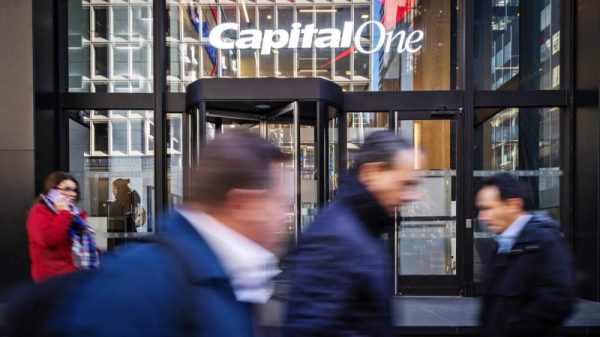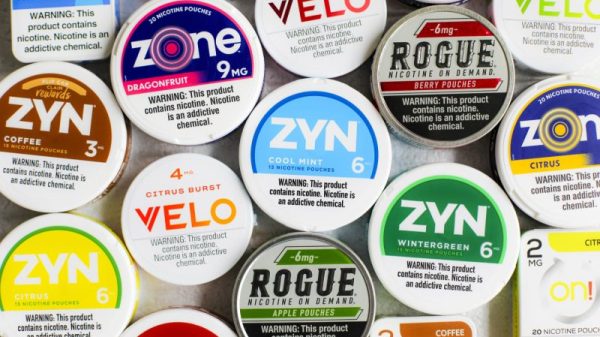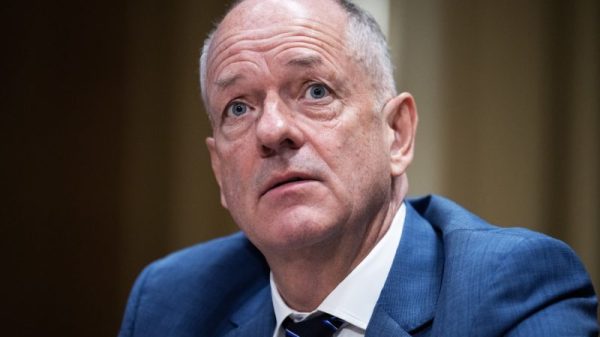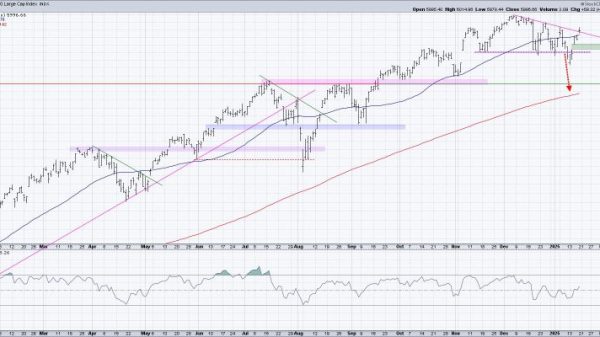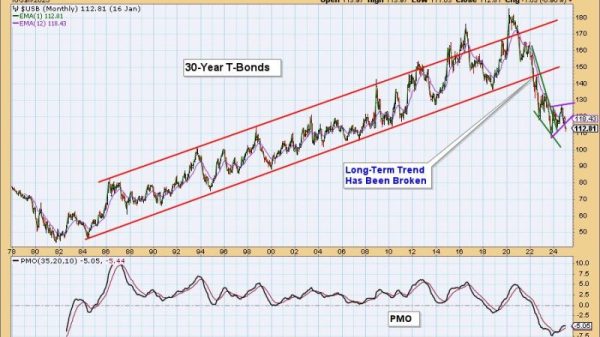International banks are playing a significant role in the Myanmar military junta’s ability to carry out its systematic and deadly assault on its people, a new United Nations-backed report has found.
Thai banks have now become the main source through which the Myanmar military is buying weapons and military supplies – including parts for helicopter gunships – used to support its three-year civil war that has devastated the country and killed more than 5,000 civilians, the UN special rapporteur on human rights Tom Andrews said in a new report Wednesday.
Since seizing power in a coup in February 2021, the military has been fighting a deepening war against ethnic armed groups and people’s resistance forces across Myanmar. In recent months it has faced significant losses of territory and troops.
As it contends with widespread public opposition and an economic crisis that has sparked soaring levels of poverty, the junta has increased airstrikes and attacks against civilians and civilian infrastructure, displacing more than 3 million people.
The military’s brutal campaign of violence has prompted Western nations to impose wide-ranging sanctions on military leaders, family and cronies, state-owned companies, banks, and jet fuel suppliers.
“The junta, or State Administration Council (SAC), is counting on two primary resources from abroad: weapons and money,” Andrews said in the report.
The report, “Banking on the Death Trade: How Banks and Governments Enable the Military Junta in Myanmar,” found that 16 banks in seven countries have processed transactions linked to the military’s procurement in the past year.
Weapons, dual-use technologies, manufacturing equipment, and raw materials secured by the junta from abroad reached $253 million between April 2023 and March 2024, the report said.
“By relying on financial institutions that are willing to do business with Myanmar state-owned banks under its control, the junta has ready access to the financial services it needs to carry out systematic human rights violations, including aerial attacks on civilians,” Andrews said.
However, the volume of weapons and military supplies purchased by the junta through foreign banks has decreased by a third from 2023, with exports from Singapore dropping dramatically, according to the report.
“The good news is that the junta is increasingly isolated,” Andrews said. “The bad news is that the junta is circumventing sanctions and other measures by exploiting gaps in sanctions regimes, shifting financial institutions, and taking advantage of the failure of Member States to fully coordinate and enforce actions.”
The Thai connection
Singapore-based entities were Myanmar’s third largest source of weapons and military materials. But following a government investigation, the flow of weapons materials to Myanmar from Singapore-registered companies dropped by nearly 90% compared to the previous year.
In 2022, Singapore-based banks facilitated more than 70% of the junta’s purchases passing through the banking system. By 2023, that had dropped to under 20%, the report found.
Looking for other financial institutions, the junta found neighboring Thailand.
Between 2022 and 2023, exports of weapons and related materials from Thai-based entities more than doubled, from $60 million to nearly $130 million last year.
“Many SAC (junta) purchases previously made from Singapore-based entities, including parts for Mi-17 and Mi-35 helicopters used to conduct airstrikes on civilian targets, are now being sourced from Thailand,” the report said.
Siam Commercial Bank is among the Thai banks that have played a “crucial role” in the shift, the report found. In 2022, the bank facilitated just over $5 million in transactions relating to the military, by 2023 that figure ballooned to more than $100 million, according to the report.
“Many countries have been named and certainly these are countries where the majority of financial transactions in the region would pass through,” the spokesperson said in a statement.
“Our banking and financial institutions follow banking protocols as any major financial hub. So we will have to first establish the facts before considering any further steps.”
Andrews said it was “critical” that “financial institutions take their human rights obligations seriously and not facilitate the junta’s deadly transactions.”
In addition, sanctioning the networks supplying jet fuel to the junta and the military’s “go-to bank” Myanma Economic Bank, “could play a decisive role in helping to turn the tide in Myanmar and saving untold numbers of lives,” he said.

